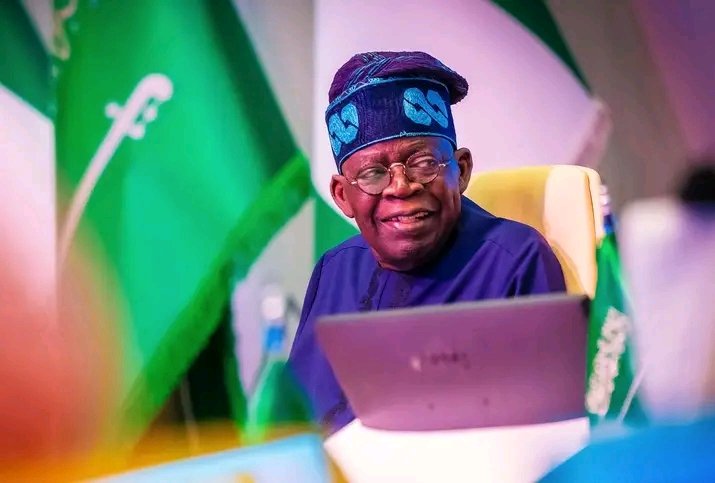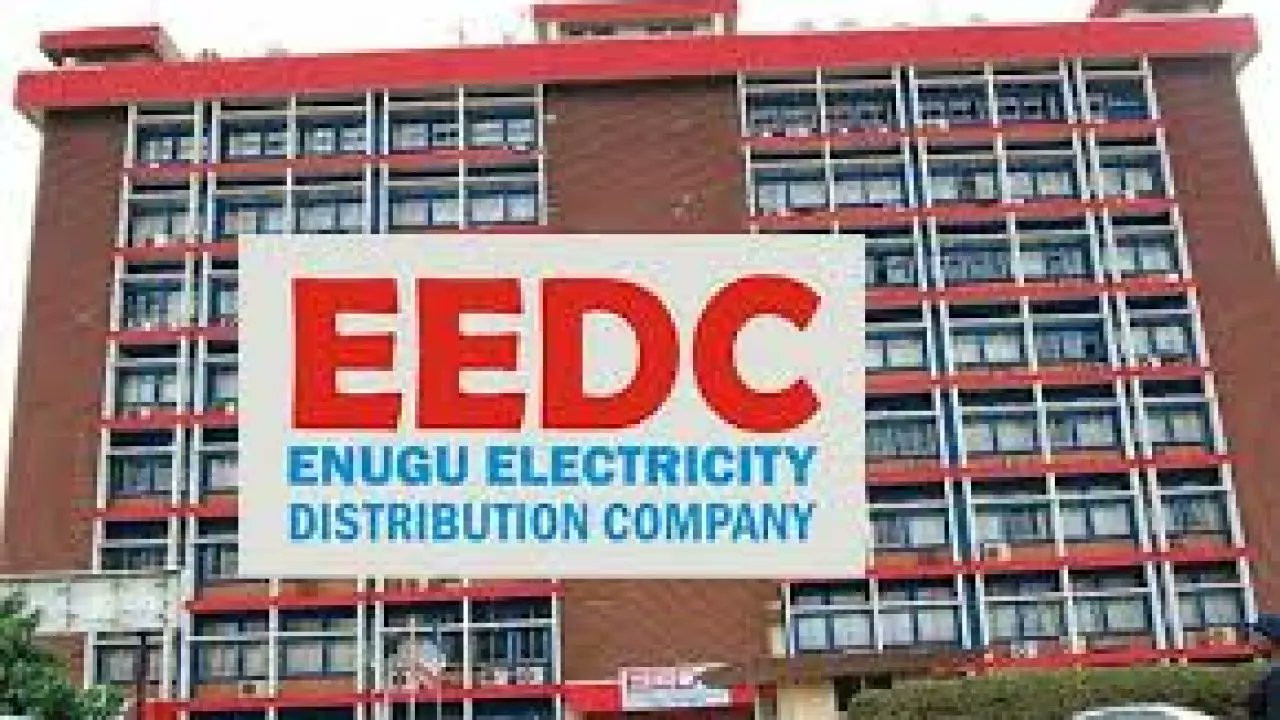The Founder of Dangote Group, Alhaji Aliko Dangote, has dismissed concerns about monopoly in Nigeria’s refining sector, insisting that the Dangote Refinery welcomes competition and encourages other investors to establish their own refineries.
Dangote made the remarks on Monday at the 2025 Inaugural Annual Downstream Petroleum Week organised by the House of Representatives Committee on Petroleum Resources (Downstream).
Represented by the Group Chief Strategy Officer of Dangote Industries Limited, Aliyu Suleman, Dangote said no individual or group is being prevented from investing in Nigeria’s oil and gas industry.
“Too many people with the means to build industries chose instead to invest abroad. We decided differently. We have chosen to build here, to employ here, to produce here,” he said.
“So let us not use the cry of monopoly to stall growth. No one is prevented from investing. We welcome others to build their own refineries and we will offer support in whatever way we can.”
Dangote noted that Nigeria holds a strategic advantage in refining due to its proximity to crude oil and gas resources.
He therefore called for policies that promote productivity, innovation, and fair competition—key ingredients, he said, for driving economic transformation and strengthening the downstream petroleum sector.
According to him, the Dangote Refinery currently meets all of Nigeria’s diesel and jet fuel demand, with surplus for export, and has the capacity to supply up to 90 per cent of the nation’s petrol (PMS) needs.
He also disclosed plans to list the refinery on the Nigerian Stock Exchange soon, offering Nigerians an opportunity to become shareholders.
“Africa’s refining sector remains underdeveloped, both relative to its consumption and to the volume of crude produced. While Europe and Asia refine over 95 per cent of their petroleum products, Africa refines only about 40 per cent,” he said.
“Building a world-class refinery is capital-intensive and complex, but at Dangote, we are known for taking bold steps to create value locally.”
Dangote highlighted the massive scale of the project, noting that over 60,000 people, including 50,000 Nigerians, worked across hundreds of disciplines to construct the refinery.
In his remarks, the Minister of State for Petroleum Resources (Gas), Ekperikpe Ekpo, called for stronger collaboration between the Executive and Legislature to tackle challenges in Nigeria’s downstream petroleum and gas sectors.
He emphasised the need for policy consistency, private sector participation, and adherence to global best practices to ensure sustainable growth and efficiency in the sector.






